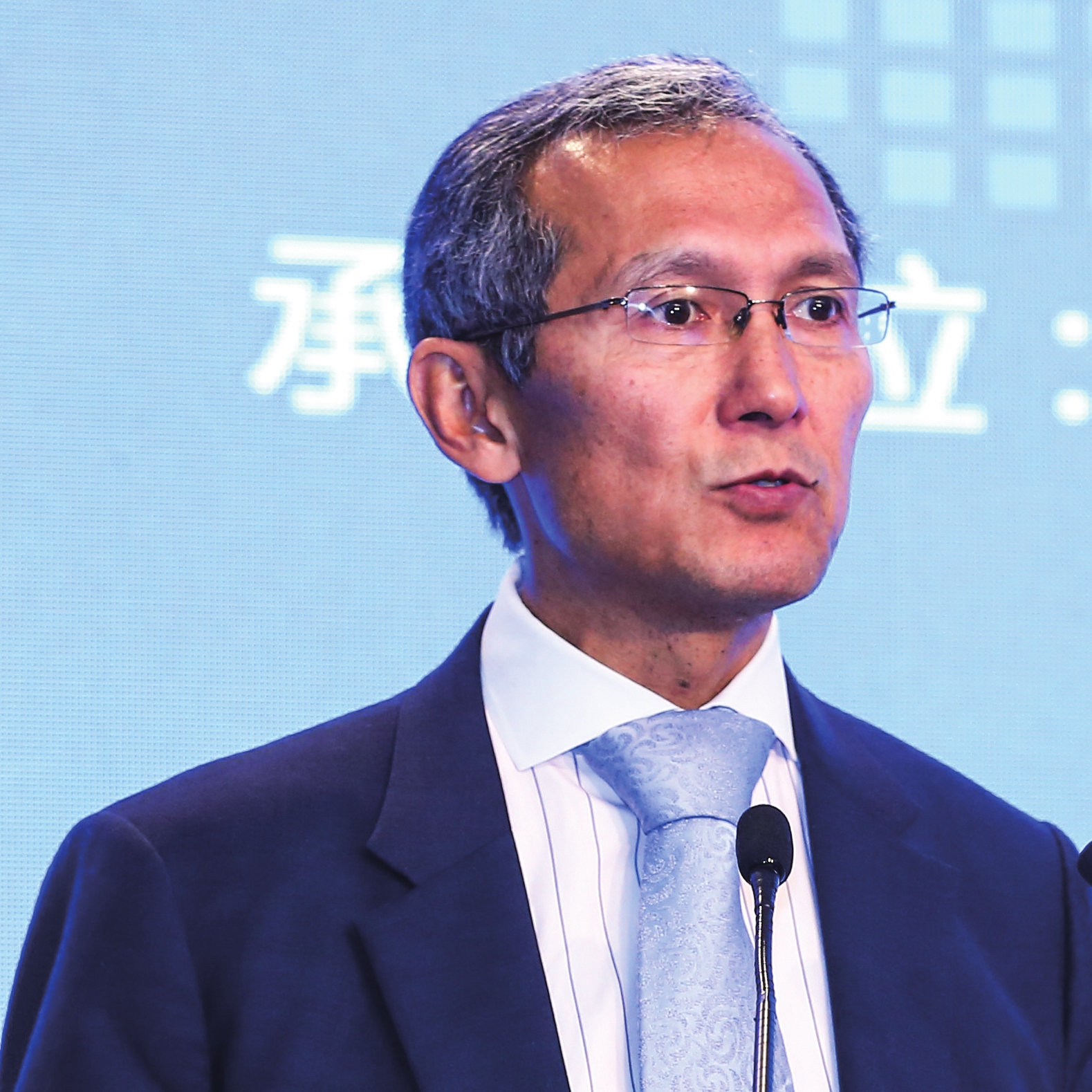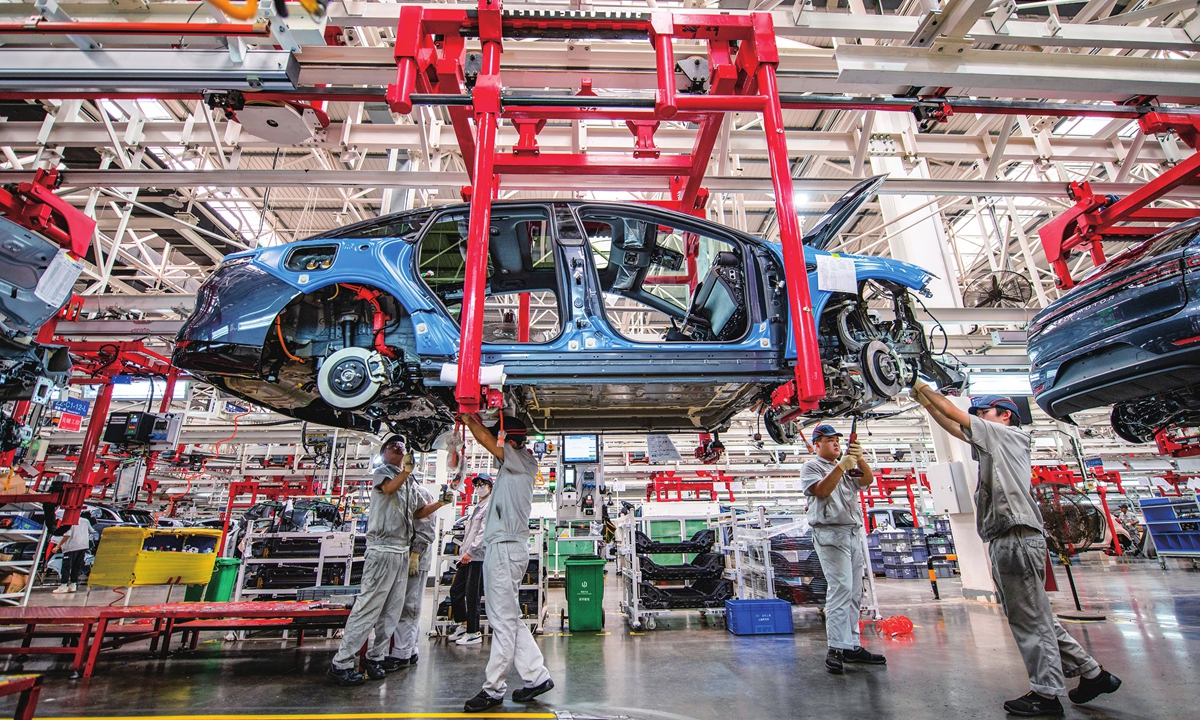In September 2020, China set ambitious goals to achieve “peak carbon” emissions by 2030 and strive for “carbon neutrality” by 2060, marking a monumental step in the global shift toward sustainability. This decisive action has not only galvanized state institutions, bolstered business confidence, and elevated public expectations, but also marked a pivotal policy for expanding and accelerating green development efforts worldwide.
China’s commitment to clean energy is not just a statement, but a significant undertaking. The country is embarking on a massive transition, redirecting substantial investment from the real estate sector to the development and manufacturing of clean technologies. The goal is to provide both domestic and international markets with cutting-edge, high-quality products to combat climate change. Last year, investment in clean energy in China increased by an impressive 40 percent, reaching an astounding 6.3 trillion yuan ($890 billion). This growth accounted for the entire increase in investment in the Chinese economy in 2023 and is comparable to the total global investment in fossil fuel supplies for the same year.
Equally, last year, clean energy not only made a significant contribution to China’s environmental goals but also to its economy, accounting for a remarkable 40 percent of the country’s economic growth. In 2023, China’s gross domestic product received a record contribution of 11.4 trillion yuan ($1.6 trillion) from the clean economy, up 30 percent from the previous year.
This strategic shift heralds a new era of growth, bringing vast opportunities for investors and businesses. The surge in clean technology investment has reinvigorated China’s renowned large-scale investment economic model and opened up a promising avenue for those seeking to be part of the clean energy revolution.
The newest discoveries and inventions made by Chinese scientists and engineers, along with the integration of the latest technologies into production processes, have sparked fierce competition among manufacturers. This, in turn, has led to a remarkable decrease in the prices. In just one year, the cost of solar panels dropped by an unprecedented 42 percent, which is much higher than the average historical decrease of around 17 percent per year. Their prices are nearly two-thirds lower than their US counterparts, helping them to win market share.
The entire world will benefit from these price drops. However, wealthy countries are protesting and erecting barriers. They are doing this for only one reason – they have become uncompetitive.
Recently, Western governments and media outlets have started using new terms such as “decoupling” and “de-risking” to prevent China’s latest products from entering their markets. This new narrative has been followed by threats of protectionist measures against the newest Chinese products, such as electric vehicles (EVs). And since the beginning of the year, they have started using another term – “overcapacity.” US Treasury Secretary Janet Yellen has accused China of having “overcapacity,” which she says distorts global prices and production patterns. According to Yellen, this harms American firms and workers worldwide.
The proponents of the novel term fail to comprehend that the notion of “overcapacity” is irrelevant in the production of the newest EV models, where production commences only after receiving a required number of orders. Additionally, the current capacity utilization rate of Chinese automobile factories is approximately 70 percent, which contradicts the claims about overcapacity. And in contemporary manufacturing plants, the objective is not to stockpile inventory.
Previously advanced Western countries did not prevent competitive Chinese consumer goods from accessing their markets. As a result, billions of consumers benefitted from high-quality and inexpensive products, and global inflation was kept at low levels for an extended period. The assumption was that simple product manufacturing would not be able to challenge Western dominance in scientific discoveries and new technologies.
However, in the past few years, China has “quietly” and “unexpectedly” surpassed Western countries in knowledge-intensive industries. According to a study by the Australian Strategic Policy Institute think tank published last year, the US and other Western countries are falling behind China in developing advanced technologies. The study found that Beijing is leading in 37 of 44 technologies, including electric batteries, hypersonics, and advanced radio-frequency communications like 5G and 6G. The study also noted that the US only leads in the remaining seven technologies, such as vaccines, quantum computing and space launch systems.
The primary reason behind the success of Chinese producers is their fierce, even brutal, competition within the local market across all manufacturing fields, from garments to spacecraft. This competition drives individuals and businesses to work harder, innovate, and develop unique solutions to stay ahead of rivals. For instance, despite around 300 companies producing EVs in China, only a handful are expected to survive rigorous internal competition.
However, those surviving companies are likely to become global market leaders. It is this fierce domestic competition that has led to China accounting for more than 60 percent of global EV production and sales, and over 80 percent of all stages of solar panel production. Last year, a staggering 97 percent of the solar panels installed across Europe came from China.
History has taught us that trade protectionism is a recurring and common phenomenon that has not helped solve the problems of jurisdictions that resort to such measures. Will the West repeat its past mistakes, as demonstrated, for example, in the steel sector, by protecting its “sovereign” green industries? Any politically motivated actions that do not consider the facts and are based on artificially constructed rhetoric will once again lead to disappointment.
The author is former prime minister of Kyrgyzstan, a distinguished professor of the Belt and Road School of Beijing Normal University, a member of Nizami Ganjavi International Center, and the author of the book Central Asia’s Economic Rebirth in the Shadow of the New Great Game. bizopinion@globaltimes.com.cn

Djoomart Otorbaev Photo: Courtesy of Djoomart Otorbaev













